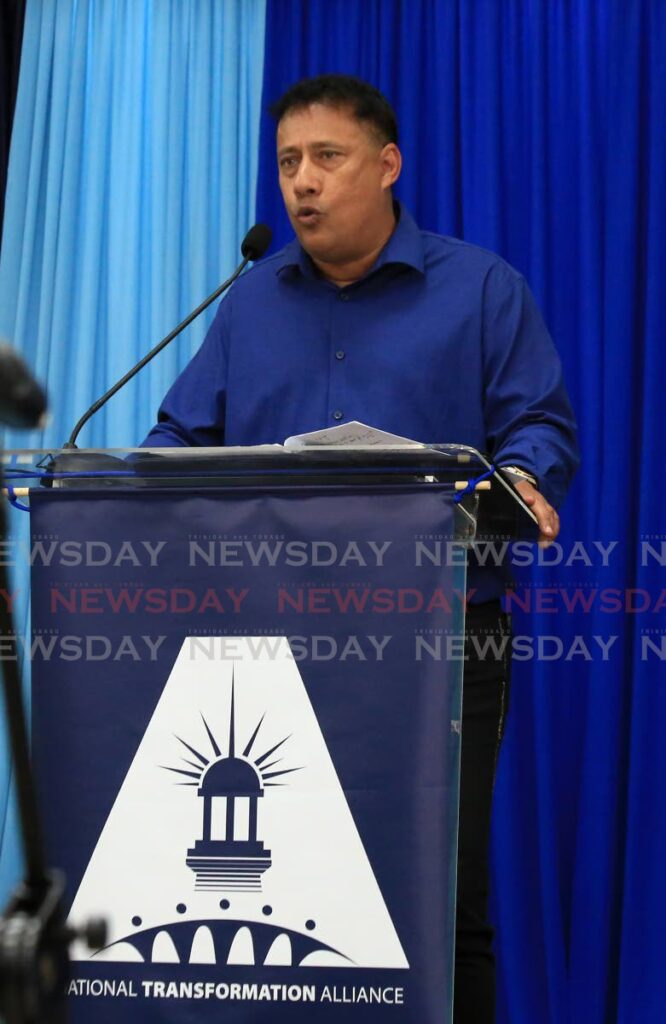Testing the electoral system

VOTING is over, but the local government elections linger.
As underwhelming as the turnout was on August 14, the poll was clearly something of a rehearsal for the next general election. The latest proof of this is in developments since the poll was taken that relate to recounts, legal action and the allocation of aldermen.
Neither of the two main political parties delivered the coup de grâce that would severely disarm the other ahead of a national election.
The UNC won the popular vote once more and appeared to extend its reach somewhat, but that was not enough to meaningfully shift the overall 7-7 dynamic against the PNM, which managed to keep the opposition parties at bay, despite vying for votes amid the usual mid-term slump.
In fact, what the election result confirms is that we are in store for an even closer race come 2025 or thereabouts.
Though the 30.34 per cent turnout was not the lowest on record (it was the lowest turnout since 1980; the record lowest was 1971’s turnout of 23.6 per cent, amid scepticism about voting machines), it nonetheless suggests a lack of engagement on the part of undecided voters.
If such voters are not motivated to come out at the next general election, it will be “grassroots” supporters who will carry the result, a situation which will not necessarily assist in establishing a strong enough parliamentary majority for whoever wins.
Because the race is likely to be tight, the parties are clearly preparing to fight tooth and nail for each and every vote and are testing the systems in place, under the assumption that these systems could play a decisive role.
Thus the legal action raised by the UNC surrounding the status of a single vote in determining the outcome of the Lengua/Indian Walk seat on the Princes Town Regional Corporation, while it will not shift the overall balance in the corporation, should be seen as raising an important principle about preserving each and every voter’s right to cast a ballot.
The Opposition has also raised serious allegations of bias against the Elections and Boundaries Commission (EBC), following questions surrounding the conduct of special voting – all matters which reflect anxiety over the fairness of the playing field come 2025.
Gary Griffith’s announcement of his party’s achieving enough seats to earn a single alderman in Diego Martin also reflects the possibly increasing role of so-called third parties in shifting the margins of election discourse and voting.
The PNM’s decision, meanwhile, to change its top officials at the Port of Spain City Corporation is also an important indicator that it is looking to the future with an eye on the race for national governance.


Comments
"Testing the electoral system"